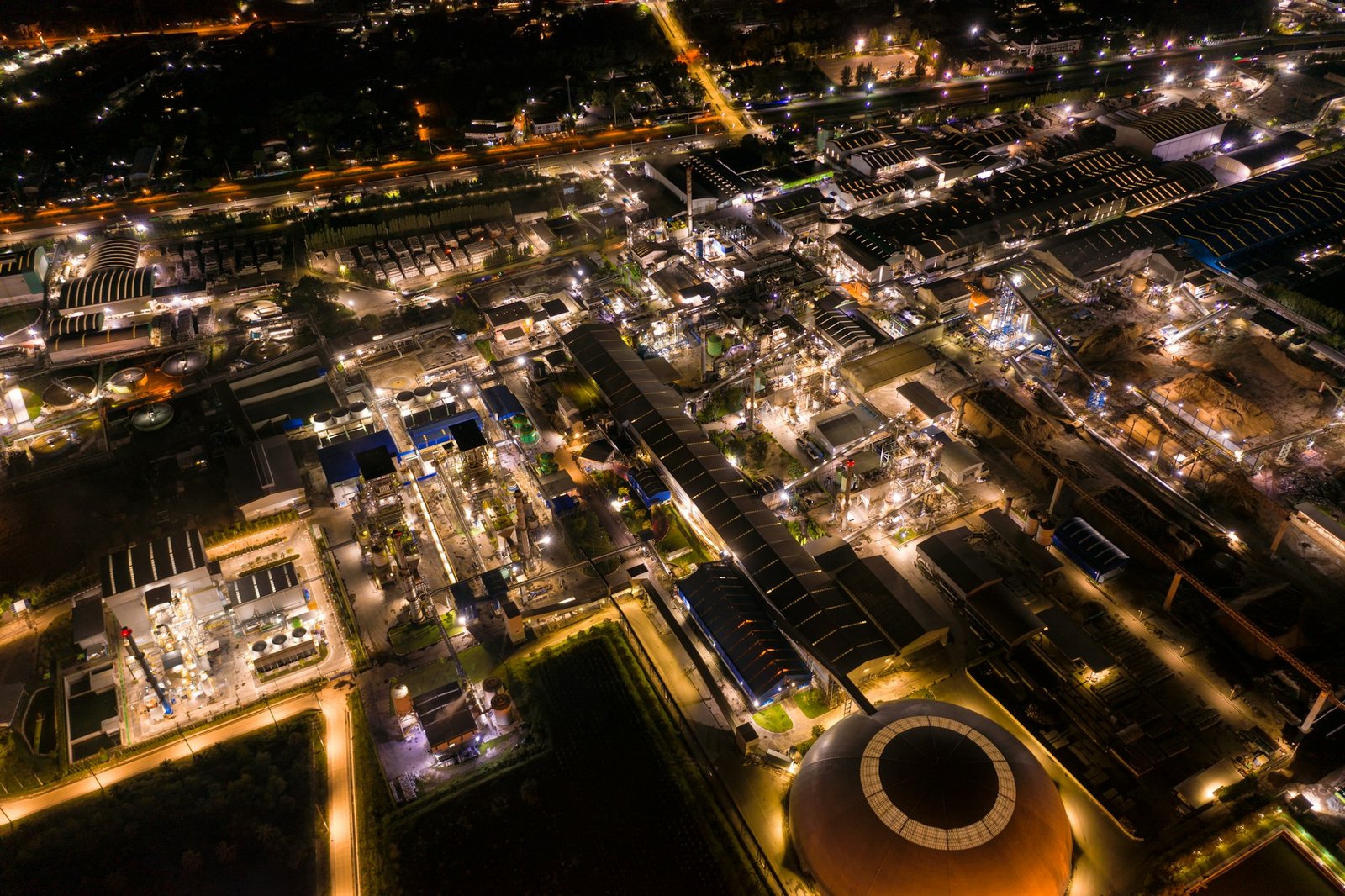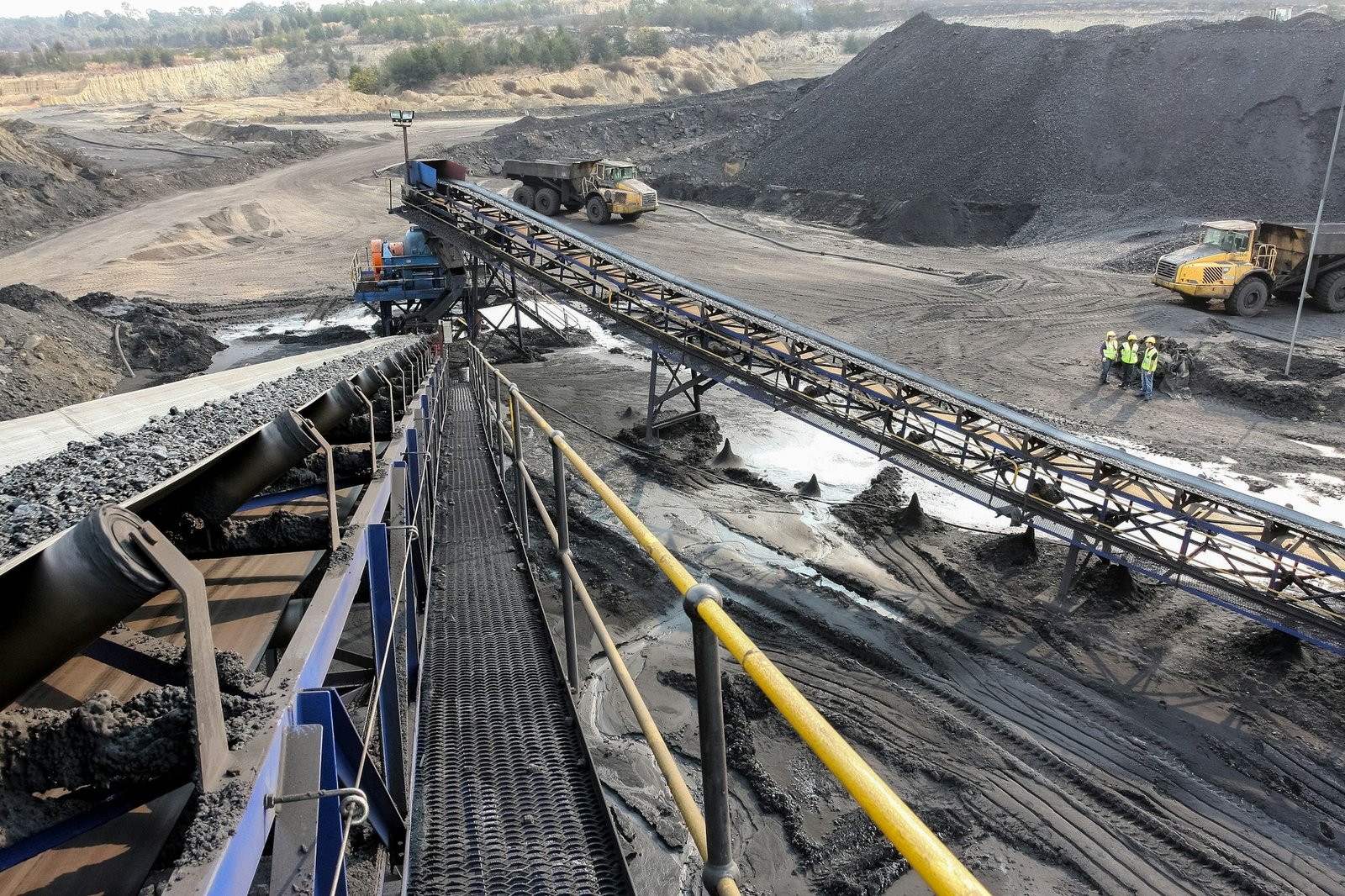The chemical industry stands on the brink of a transformative decade. As we navigate through the complexities of environmental concerns, technological advancements, and shifting market dynamics, the industry is poised to undergo significant changes. This article explores the emerging trends, technological innovations, and market shifts that are expected to shape the chemical industry in the coming years, offering a comprehensive overview of what lies ahead.
Embracing Sustainability: The Green Chemistry Revolution
The Rise of Bio-based Chemicals
The push towards sustainability is driving the chemical industry towards green chemistry and the adoption of bio-based chemicals. Derived from renewable resources, these chemicals offer a reduced environmental footprint compared to their fossil-based counterparts. The next decade will see an increased demand for bio-based chemicals in various applications, from plastics to pharmaceuticals, as industries and consumers alike seek more sustainable alternatives.
Circular Economy and Recycling Technologies
The concept of a circular economy, where materials are reused and recycled indefinitely, is gaining traction. Chemical recycling technologies, which break down plastics and other materials to their molecular level for repurposing, are set to become more prevalent. These technologies not only support sustainability goals but also offer a solution to the global plastic waste crisis.
Technological Innovations Driving Efficiency
Digitalization and Smart Manufacturing
The digital transformation of the chemical industry is underway, with the adoption of Industry 4.0 technologies such as the Internet of Things (IoT), artificial intelligence (AI), and big data analytics. These technologies enable smart manufacturing processes that optimize efficiency, reduce costs, and improve safety. Predictive maintenance, real-time monitoring, and automated control systems are just a few examples of how digitalization is revolutionizing the industry.
Advances in Catalysis and Material Science
Innovations in catalysis and material science are set to enhance the efficiency and sustainability of chemical processes. New catalysts are being developed that lower energy requirements, reduce waste, and open up pathways to novel chemical products. Similarly, advancements in material science are leading to the creation of more durable, lightweight, and recyclable materials.
Market Shifts and Consumer Trends
The Demand for High-Performance Materials
As industries such as automotive, aerospace, and electronics continue to evolve, the demand for high-performance materials that offer superior strength, durability, and functionality is expected to rise. The chemical industry will play a crucial role in developing these materials, which include advanced polymers, composites, and nanomaterials.
Shifting Geopolitical and Economic Landscapes
Geopolitical tensions and economic shifts can have a profound impact on the chemical industry, affecting everything from raw material availability to market access. Companies will need to be agile and adaptable, diversifying their supply chains and exploring new markets to navigate these challenges successfully.
In conclusion, the chemical industry is at the cusp of a new era, with sustainability, technological innovation, and market shifts guiding its path forward. By embracing these changes, the industry can ensure its growth and relevance in the next decade, contributing to a more sustainable, efficient, and adaptable global economy.
FAQs :
What is green chemistry?
Green chemistry involves designing chemical products and processes that reduce or eliminate the use and generation of hazardous substances, aiming for sustainability and environmental protection.
How is digitalization transforming the chemical industry?
Digitalization is introducing smart manufacturing processes, predictive maintenance, and enhanced efficiency through the use of IoT, AI, and big data analytics, revolutionizing how chemical companies operate.
What are bio-based chemicals?
Bio-based chemicals are derived from renewable resources, such as plants, microorganisms, and biological waste materials, offering a sustainable alternative to fossil-based chemicals.
Why is the demand for high-performance materials increasing?
The demand for high-performance materials is driven by industries seeking materials that offer enhanced properties, such as increased strength, durability, and functionality, for applications in automotive, aerospace, and electronics.
How can the chemical industry adapt to shifting geopolitical and economic landscapes?
Adaptation strategies include diversifying supply chains, exploring new markets, investing in innovation, and remaining flexible to changes in trade policies, raw material availability, and market demands.






